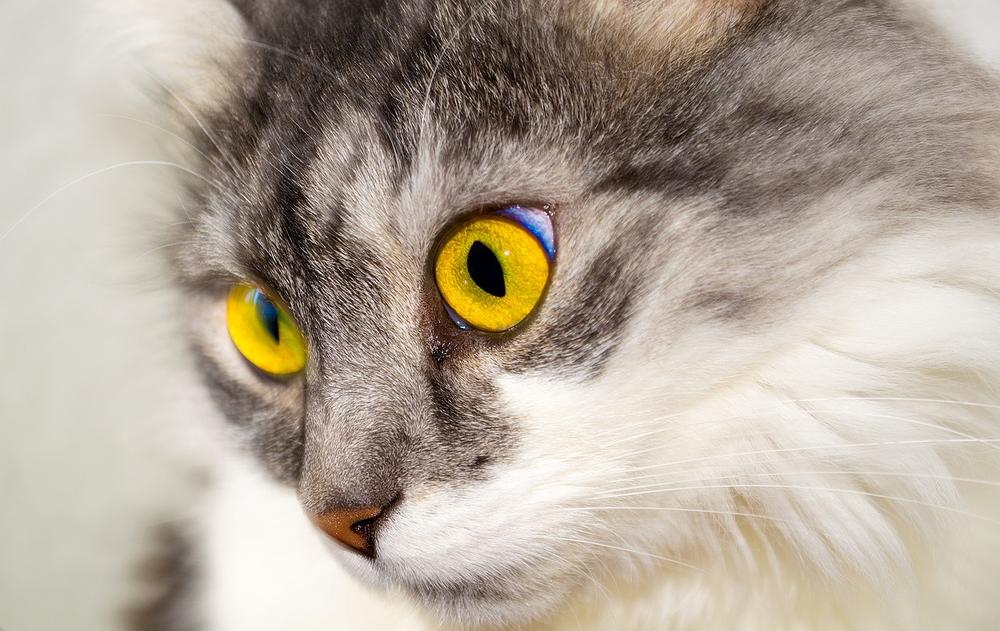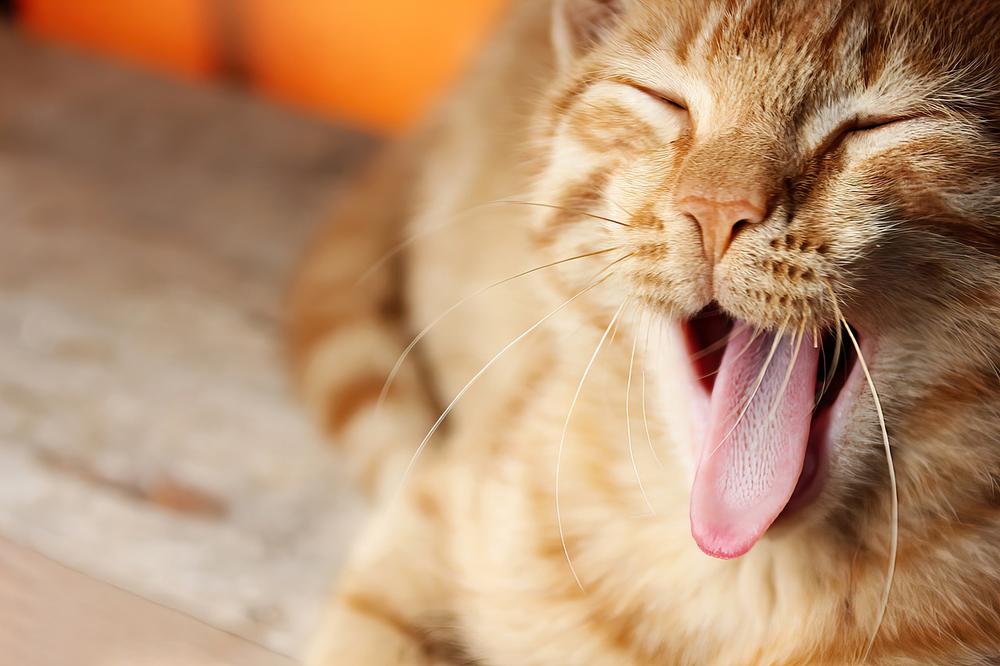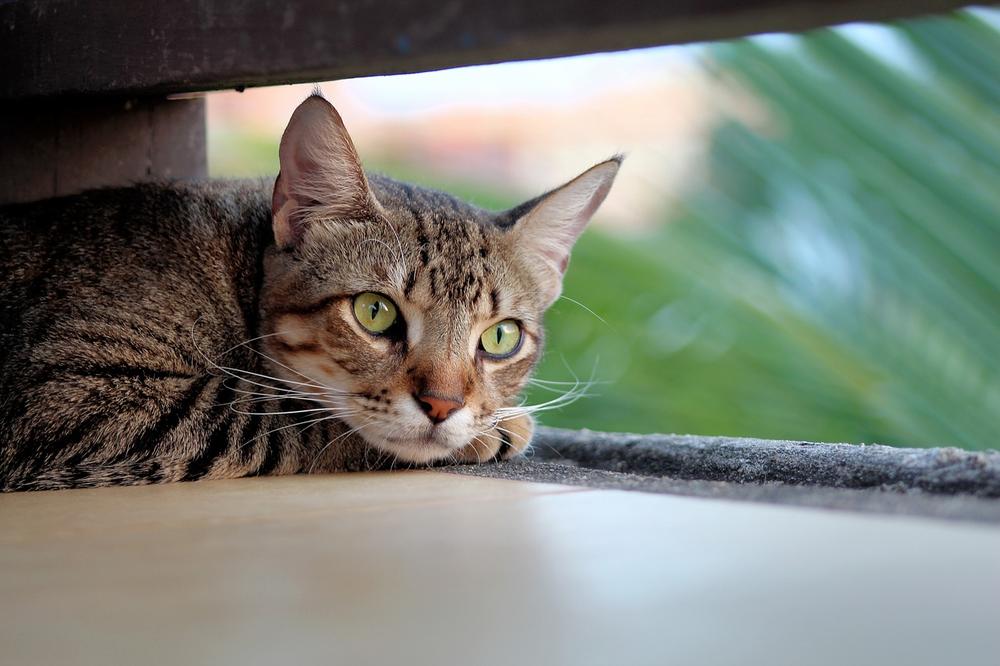Are Cats TRULY Smarter Than Dogs? Fair and Unbiased Answer

Are cats really smarter than dogs?
I know you've probably asked yourself this a million times.
Are they sneaky geniuses or just fuzzy goofballs? 😄
Well, let's dive into this debate and find out once and for all.
Shall we?
What is Intelligence?
Intelligence in animals, such as cats and dogs, can be measured in various ways. While the number of neurons in their brains is one factor, it's not the sole determinant. Dogs have more cortical neurons than cats, enabling them to process information and exhibit complex behavior. However, intelligence also depends on factors like structural complexity, and each animal showcases their unique smarts.
Intelligence can be quite fascinating and intricate, plain and simple.
When it comes to intelligence in animals, the idea of multiple intelligences should definitely cross your mind.
Just like humans, cats and dogs might excel in different areas.
Here's the thing: some scientists try to measure intelligence by looking at the number of neurons in an animal's brain.
And guess what?
Neither dogs nor cats disappoint!
Both species have impressively high levels of intelligence.
But hold on, this method has its limitations.

You see, dogs actually have more cortical neurons than cats.
This means they're better equipped to process information and demonstrate complex behavior.
But hey!
It's not only about neurons and brain size.
Other factors, like structural complexity, also play a role.
On top of that, dogs are on the same level of intelligence as raccoons and lions, while domestic cats are comparable to bears.
So, when it comes down to evaluating intelligence in our furry buddies, things get a little tricky.
Although the number of neurons gives us a glimpse, let's handle this with caution.
Each animal showcases their smarts in unique ways, which makes them distinctive and extraordinary companions.
But let's not just rely on brain size and neuron count; I want to show you some real-life examples!
Problem-Solving Skills: Who is Better at Solving Problems?
Dogs have an impressive knack for problem-solving.
For instance, they can locate hidden treasures by using their exceptional sniffing abilities. Furthermore, dogs are adept at navigating through intricate mazes, showcasing their sheer intelligence.

It's worth noting that a recent study examined brain size and neuron count in dogs and cats. However, it did not delve into analyzing their intelligence or behavior.
Nevertheless, the admirable problem-solving skills of dogs continue to amaze us.
They effortlessly conquer challenges and find solutions like no other.
Memory: Do Cats or Dogs Have Better Memory?
Cats have superior memory compared to dogs. Research shows that cats excel in associative memory, remembering locations and routines with precision. Their long-term memory is exceptional, especially when they learn through action. Cats can nostalgically recall events even after weeks and months, showcasing their remarkable memory abilities.
Cats, my friend!
They've got the edge in the memory game.
Let's dive right into it.
Research has shown that cats have better associative memory compared to dogs. What does that mean exactly?
Well, cats are ace at remembering things like locations and routines with pinpoint precision.
And there's more!
Their long-term memory is top-notch.

When cats learn by doing, through actions, they remember better than when they just observe. It's like those grand adventures they embark on create strong memories that stick around.
Now, dogs are awesome too, no doubt about it.
But when it comes to reminiscing about past escapades or recollecting moments from their lives for a longer time, cats take the cake.
You'll see how cats nostalgically recall events even after weeks and months have passed. It's simply incredible.
So, next time someone says cats have tiny brains, you know what to tell 'em. Cats not only outshine dogs in our fuzzy memory Olympics but also bring an elegance to the world of remembrance.
But did you know that cats can also learn tricks and follow commands?
Yes, you heard it right!
Let me share some success stories with you and show you just how capable your feline friend can be...
Training: Can Cats Be Trained Like Dogs?
Many people may question whether cats can be trained as easily as dogs. However, I'm here to inform you that cats are actually extremely intelligent creatures and, just like dogs, they have the ability to learn behaviors and even perform tricks. In fact, I have some truly remarkable success stories to share with you.
For instance, let me introduce you to Sophie who is the proud owner of a lovely cat named Whiskers. Sophie dedicated her time and patience to teaching Whiskers how to shake paws.
Although it took some effort and a plethora of treats, Whiskers eventually mastered this trick.
Now, whenever there are new guests in the house, Whiskers charmingly greets them with a paw shake.
Another example is Max, a little mischievous rascal.

Despite his nature, Alex, Max's owner, successfully taught him how to sit on command.
Alex employed positive reinforcement techniques to train Max, rewarding him with his beloved toy each time he accomplished the task.
The outcomes were phenomenal, as Max swiftly became an expert at sitting down when instructed.
Thus, it is essential not to buy into the misconception that cats are untrainable.
By adopting the appropriate approach and employing positive reinforcement methods, your furry companion has the potential to astound you with a wide array of impressive tricks.
You must remember that cats possess greater intelligence than we often give them credit for.
To witness the amazing feats your cat can achieve, I encourage you to take a chance and give training a go!
The Methods of Communication between Cats and Dogs
Cats and dogs are like creatures from different worlds.
Let me show you how cats and dogs communicate.
For cats, their body language says it all.
That flick of the tail?
It could mean "leave me alone" or "let's play."
With cats, it's hard to know for sure.
Vocalizations also play a role.
Those meows?
They have different meanings every time.
It could be irritation, hunger, curiosity...
Cats are quite skilled at expressing themselves through their voices.
Now, let's talk about dogs. They have an uncanny ability to understand human emotions.

They can pick up on our joy and sadness effortlessly.
And oh boy, do dogs love learning!
It's as if they have an internal radar for understanding our words and gestures.
Want them to sit?
Just point your finger down and say "sit."
Boom!
Instant obedience.
In contrast, cats may recognize your voice but choose not to respond.
They value their independence, you see.
Who would have thought that dogs could count and even do basic math?
If only they could assist with our taxes, right?
Well, perhaps one day...
And now, let's delve deeper into the unique abilities of cats and dogs, exploring their agility and intelligence in different facets of life:
Adaptability: Which Animal is More Adaptable?
Cats: Agile and Flexible Adapters
Let's talk about cats!
These independent creatures are known for their natural agility and flexibility, allowing them to adapt to various environments and conditions.
You see, cats have evolved differently from dogs and developed unique characteristics to meet their specific needs and challenges. Their bodies are built for hunting, relying on stealth, flexibility, and instinct to catch their prey. From climbing trees to squeezing through narrow spaces, cats can navigate any obstacle with ease.
But here's the surprising part - cats can also be as social as dogs. They rely on human interactions for their mental and physical health, seeking our attention and companionship just like dogs do.
Dogs: Masters of Intelligence
Now let's talk about dogs.
Did you know that dogs have twice the number of neurons in their cerebral cortex compared to cats?
This indicates higher intelligence and problem-solving ability in dogs.
However, it doesn't mean cats lack intelligence; they simply prioritize different skills.
Dogs are exceptional when it comes to social tasks.
They thrive on human interaction and can be trained for specific roles such as search-and-rescue or guide dogs. Their ability to understand and respond to commands is unmatched.
Choosing Between a Cat and a Dog
Ultimately, the choice between a cat and a dog as a pet depends on personal preference and individual traits.
If you desire a self-sufficient companion who excels at hunting and grooming itself, then a cat might be your ideal match. On the other hand, if you seek an intelligent and highly trainable companion who thrives on social interaction, a dog might be the perfect fit.
In fact, did you know that cats were once used to deliver mail back in 1876?
Their motivation and timeliness may have varied, but it's still an interesting historical example of cats taking on unexpected roles.
Are Cats Smarter Than Dogs, Really?
- Intelligence cannot simply be determined by the number of neurons.
- Dogs have more brain cells than cats and have been domesticated longer.
- Cats have better long-term memory than dogs.
- Cats are capable of learning behaviors and tricks just like dogs.
- Cats recognize their owner's voice and can understand human emotions.
- Dogs have a remarkable ability to interpret human emotions and learn through observation.
- Cats rely on stealth and instinct as skilled hunters.
- Dogs have twice the number of neurons in their cerebral cortex compared to cats.
- Dogs excel in social tasks and being trained for specific purposes.
- Cats are more self-sufficient and independent.
- The choice between a cat and a dog as a pet depends on personal preference.
And that wraps up today's article.
You've reached the end of my blog post. I'd love to hear your thoughts! I put in a ton of effort to make it comprehensive and useful, so it took quite a bit of time (which I enjoyed). It would mean the world to me if you could click on any of the social sharing icons to share this post with others. Thanks a bunch!
Talk soon,
-Sarah Davis